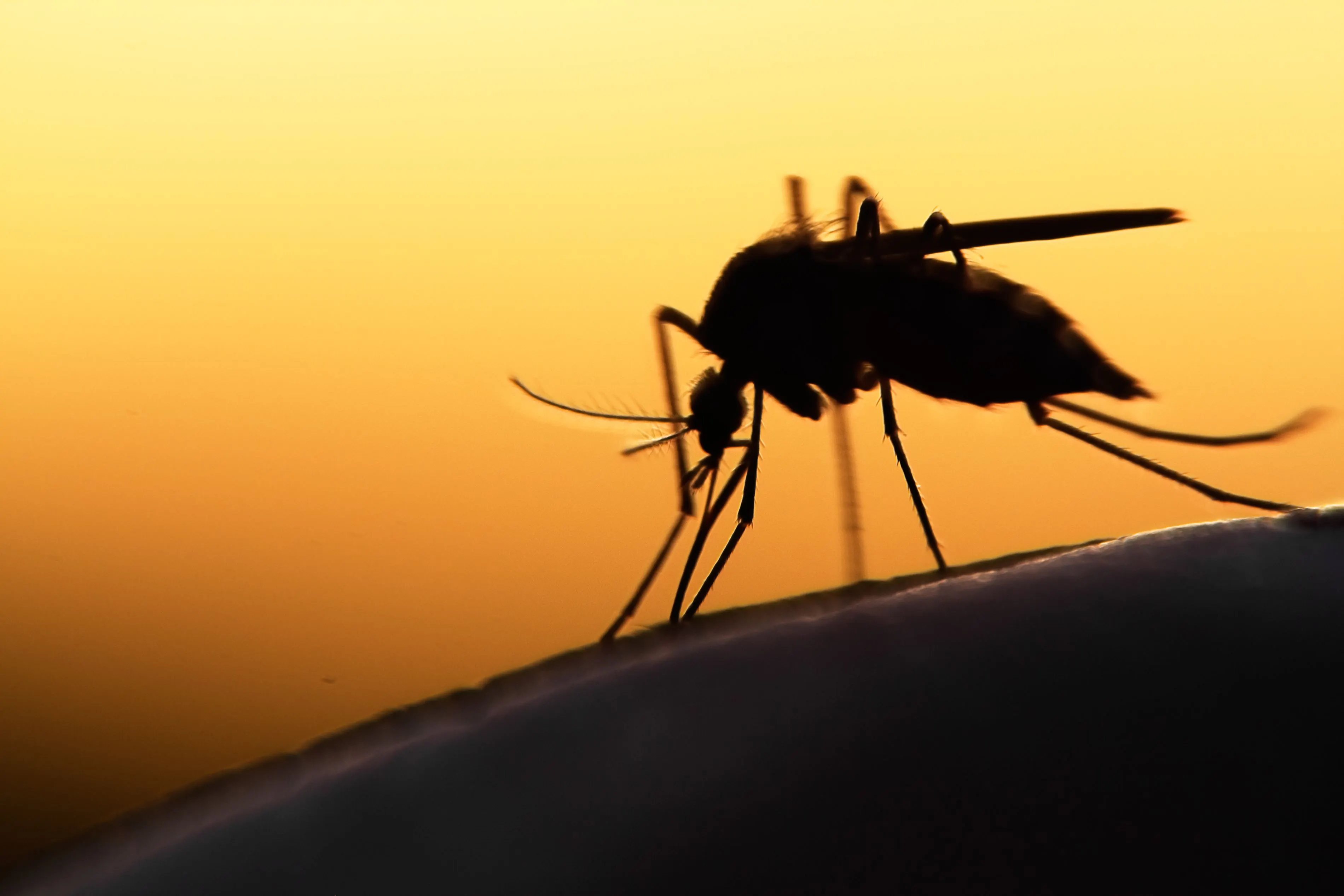It seems like mosquito season starts earlier and earlier every year, and with summer right around the corner, now is as good a time as any to talk about mosquito control and prevention. Every time it gets warm out, people look for new ways to ward off these blood-sucking insects. But while there are a lot of well-known mosquito repellents out there, it’s important to know what works and what doesn’t. Keep reading and separate the facts from the fiction this summer with the help of our experienced pest control pros at Purple Care.
4 Mosquito Repellants That Work & That Don’t
- Citronella Candles: For many years, citronella candles have been a go-to product for repelling mosquitos. And yet according to reliable studies, they do little to actually keep mosquitos away. While they have been found to attract mosquitos directly, so they flock more towards the candle than towards the people using them, scientists believe this has more to do with the mixture of heat, carbon dioxide, and moisture they produce, rather than the presence of citronella itself. Plus, while these products may distract mosquitos, they do not keep them away entirely. Basically, you could get the same results from citronella candles that you could get from any other candle. Verdict: doesn’t work.
- Removing Standing Water: As mentioned above, mosquitos are naturally attracted to moisture. That’s because mosquitos need water to lay their eggs. As a result, female mosquitos will always flock to standing water, and once their eggs have been fertilized, they will start looking for subjects to bite. Mosquito eggs can also cling to almost any surface where water was present, so it’s always best to thoroughly wipe down basins and buckets, just to ensure that a mosquito infestation does not occur. Again, the bottom line here is that the more water there is on your property, the more mosquitos there are likely to be as well. Verdict: does work.
- Smartphone Apps: The idea of a smartphone app that can keep mosquitos away is appealing for obvious reasons. Most of these apps work, in theory, by emitting the same sound that a dragonfly makes. As dragonflies are mosquito predators, this noise is supposed to scare mosquitoes away. Other versions emit a sound that imitates the mating call of a male mosquito, thereby warding off female mosquitos with fertilized eggs to lay—aka the only mosquitos that mate. The problem is that there is no data to indicate these sounds actually prevent mosquitos from flocking. Moreover, even if the noises these apps emit are pitch-perfect, a single dragonfly isn’t going to completely scare mosquitos off, and there isn’t any research indicating female mosquitos will leave an area just because male mosquitos are present. Verdict: doesn’t work.
- Commercial Insect Repellents: For a long time, insect repellents have been looked down on by consumers because of the strong chemicals they contain. For instance, DEET, the active ingredient in most commercial insect repellents, has been shown in studies to kill brain cells in rats when administered in high exposure. And Picaridin, another insect repellent base, only recently became legal in the U.S., after years of debate surrounding its neuro-toxicity. That said, there is empirical evidence that these products help ward off mosquitos. As a rule of thumb, it is never a good idea to overuse any chemical-based insect repellent. However, using these products in small doses is still a good alternative to getting bit by mosquitos that may transmit harmful viruses like Zika and the West Nile. Verdict: does work.
- Skin Lotion: Certain skin lotions have benefited from having the reputation of doubling as mosquito repellents. Some lotion companies, like Avon, have even pivoted to selling products that are intentionally design to keep skin soft while also keeping mosquitos away. Yet studies have shown this reputation is not earned, and even in lotions that are designed to help keep mosquitos away, the results have been underwhelming. Verdict: doesn’t work.
- Lemon Eucalyptus Oil: While there are very few botanical mosquito repellents on the market with a good reputation, lemon eucalyptus oil has actually been recommended by the CDC as an effective way to keep mosquitos away. There are also multiple products on the market that now use essential oil made from lemon eucalyptus, so while using the oil itself is not necessarily a suitable solution, using it in a premade mosquito repellant remains an accessible option. Verdict: does work.
- Wristbands: In recent years, there have been more wristbands on the market that either contain insect repellent or emit a sonic noise designed to keep away mosquitos. But as we’ve already established, the link between mosquito reduction and sonic interference has been shown to be minimal at best. And even if your wristband does contain an effective insect repellent, it’s still only likely to protect your wrist. Verdict: doesn’t work.
- Mosquito Traps: It might sound strange to suggest you could catch mosquitos with traps the same way you would catch rodents or even roaches. And indeed, mosquito traps do not work the way that most other pest traps do. However, there are mosquito traps that utilize a mix of CO² and mosquito bait to trap and kill mosquitos. While these products may not eliminate an infestation entirely, as they cannot address the source of your mosquito problem, they can at least reduce the number of mosquito bites you have to put up with. Verdict: does work.
Want more information about mosquito treatment and prevention? Just call (817) 880-6052 now to schedule service, or send us a message online to request a free quote.




Comments (0)
Thanks for your comment!
Thanks for your feedback! Your comments have been successfully submitted! Please note, all comments require admin approval prior to display.
Error submitting comment!
There is a problem with your comment, please see below and try again.